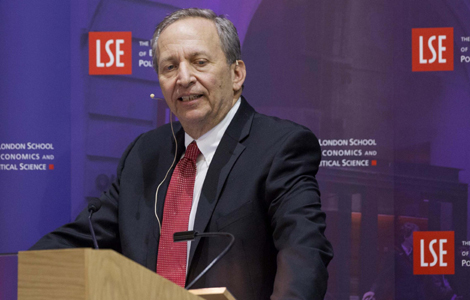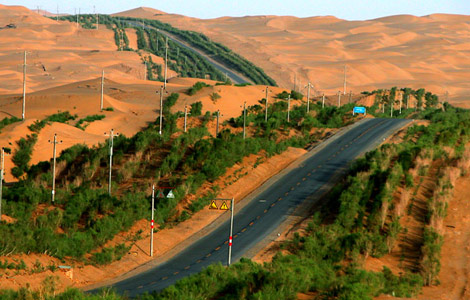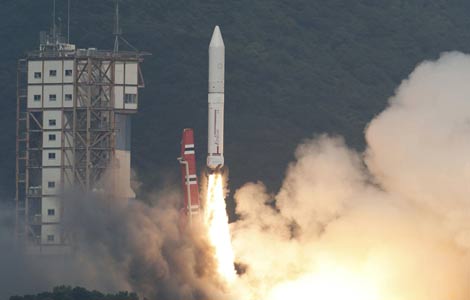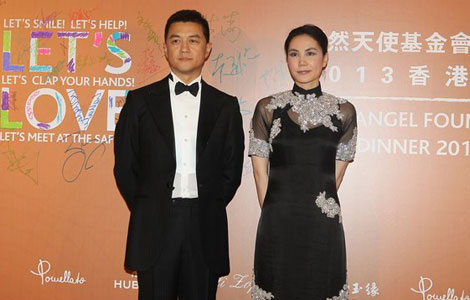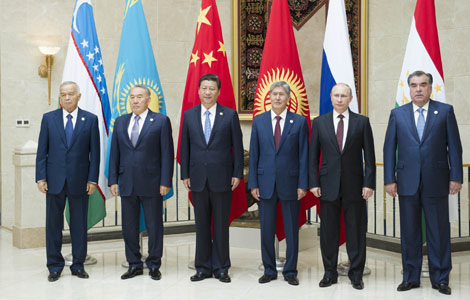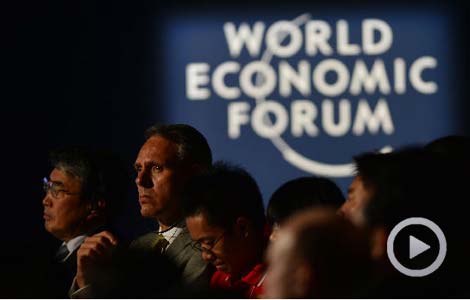President is a man of the world
Updated: 2013-09-16 08:16
By Cheng Xiaohe (China Daily)
|
||||||||
Xi Jinping's successful overseas trip has bolstered China's foreign affairs credentials
President Xi Jinping's third diplomatic trip abroad since assuming power in March has shored up his growing reputation as a statesman on the world stage, putting paid to speculation he would favor a stay-at-home leadership style.
Xi, who has surprised predictions from China watchers who believed he would focus exclusively on domestic challenges in the first few months of his tenure, embarked on a tour of several Central Asian countries after attending the G20 Summit in Russia this month.
With his third trip overseas in less than seven months at the helm, Xi's decision to engage in a hectic schedule of diplomacy on the world stage has sent a strong message to pundits.
As a leader, he has signaled he is prepared to give foreign affairs and domestic issues equal weight and importance.
Xi's diplomatic track record thus far speaks volumes about his priorities and leadership style.
Upon assuming the presidency in March, he took his first overseas trip. He moved quickly to consolidate China's strategic partnership with Russia and renewed the traditional bonds of friendship with key African countries. He also threw his weight behind BRICS, which represents the five major emerging market economies of Brazil, Russia, India, China and South Africa.
In an effort to demonstrate China's balanced diplomatic approach, Xi turned his attention to the other side of the world for his second overseas trip. Trinidad and Tobago, Costa Rica, Mexico and the United States were all on the itinerary.
Xi's choices clearly indicate his willingness to give big and small countries equal treatment, while paying more attention to Latin America.
While the G20 summit is typically an important forum for the most influential countries in the world to discuss and manage economic issues, the agenda at this year's summit was overshadowed by political and security concerns.
In the spotlight and under the gaze of a curious international community, Xi used his speech to assure the world China still enjoys the right conditions and has the ability to continue to achieve sustainable and sound economic development. He also called for a more open world economy and expressed his firm opposition to all forms of trade protectionism.
In a meeting with his US counterpart, Barack Obama, Xi reiterated China's firm stance against the use of chemical weapons, but stressed China is opposed to military intervention in Syria.
Despite that disagreement, the leaders avoided getting bogged down in the controversy surrounding the Syria crisis, instead finding common ground in other areas including the nuclear issue on the Korean Peninsula. As Xi was quick to point out, China and the US have more areas of agreement than points of difference in the Asia-Pacific region. It is worth noting that when Xi and Obama walked out of the conference room their body language suggested both had enjoyed a constructive and fruitful conversation. It is now reasonable to believe that the relationship between China and the US has grown strong enough to weather almost any challenge.
Indeed, relations seem to have emerged unscathed from the recent friction created by the Edward Snowden case.
The G20 summit, whose primary task is to tackle global economic and trade issues, was this year consumed by the evolving political drama between the US and Russia. Pitted against each other, both nations tried to rally support from allies and bring other member nations into their camp. Against this contentious and tumultuous backdrop, Xi further honed his diplomatic skills. He adroitly struck a delicate balance between granting support to Russian president Vladimir Putin, who strongly opposes any US military strike against Syria, while managing to avoid alienating Obama, with whom Xi has begun to cultivate a new level of relations.
Another highlight of Xi's performance at the G20 summit came when he ran into Japanese Prime Minister Shinzo Abe in the VIP room, an encounter that caught the world off guard. During the brief and impromptu meeting, Xi conveyed three key points. "We are unwilling to see grave difficulties develop for Sino-Japanese ties," that "the Chinese side is willing to further advance the China-Japan strategic ties of mutual benefit on the basis of four Chinese-Japanese political documents" and that Japan "should seek a way to properly manage differences and address the problem". From a Chinese perspective, the unexpected meeting conveys two things very clearly. China wants to put Sino-Japanese relations back on track, but Japan should do more to make this happen. Even though it is too early to predict how the informal encounter may affect Sino-Japanese relations, the meeting itself is a move in the right direction for both nations.
Given Central Asia's proximity to China and its huge oil and natural gas reserves, it occupies a prime position in China's efforts to use diplomacy to secure future energy needs. In the past decade, China has painstakingly built massive networks of oil and natural gas to transport resources from West to East China. In order to secure a long-term, steady and safe energy supply, China has simultaneously made significant inroads into Central Asia's energy market.
Xi's visit to Central Asia reveals the new Chinese government places energy cooperation with the Central Asian countries right near the top of its diplomatic agenda.
The author is an associate professor at the School of International Studies and deputy director of the Center for China's International Strategic Studies, Renmin University of China. The views do not necessarily reflect those of China Daily.
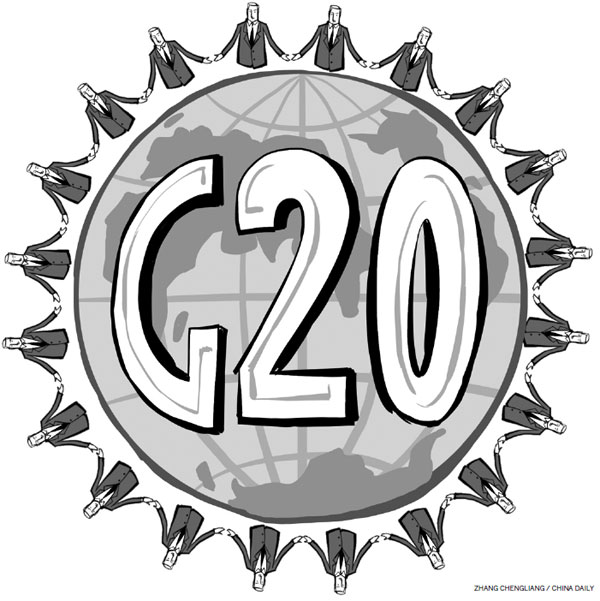
(China Daily 09/16/2013 page20)
Most Viewed
Editor's Picks

|

|
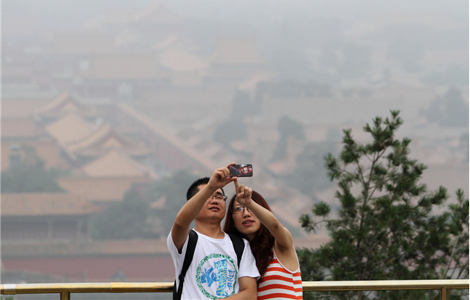
|

|

|

|
Today's Top News
Chinese FM to make US, UN trip
USDA's OK of chicken processing challenged
US top carpet maker sets up in China
States laud lifting of ban on hardwood by China
UN chief gets report on Syria chemical weapons
Succession proves a tricky art in business
Going global? Not so easy
Japan switches off nuclear reactor
US Weekly

|

|

